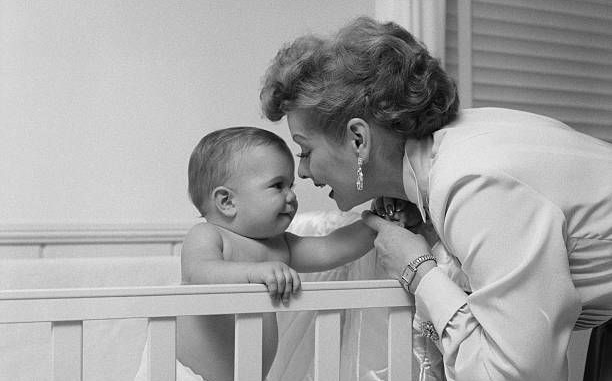
It’s been over seven decades since I Love Lucy first aired in 1951, but the show’s legacy remains as vibrant and influential as ever. More than just a sitcom, I Love Lucy transformed the television industry and forever changed the way stories are told on screen.
A Show Ahead of Its Time
I Love Lucy broke barriers the moment it premiered. It featured a real-life interracial couple — Lucille Ball and Desi Arnaz — at a time when such representation was virtually nonexistent on American television. The show challenged social norms and introduced millions of viewers to Cuban culture, music, and traditions through Ricky Ricardo’s character.
Lucille Ball’s performance as the lovable, accident-prone Lucy Ricardo became an instant classic. She wasn’t just a comedic genius — she was also a powerful businesswoman who would later become the first woman to run a major television studio, Desilu Productions.
Timeless Comedy
One of the reasons I Love Lucy remains beloved today is its universal humor. From the iconic “chocolate factory” scene to Lucy stomping grapes in Italy, the show’s physical comedy and relatable marital mishaps continue to resonate with new generations.
Streaming platforms have brought the series to younger audiences, who are often surprised by how fresh and funny it still feels — even in black and white.
Cultural Impact That Lives On
Beyond entertainment, I Love Lucy paved the way for female comedians, diverse casting, and innovations in television production, like the three-camera setup and filming before a live audience.
In many ways, every sitcom that followed stands on Lucy’s shoulders. Her show taught the world that women could be both hilarious and powerful — on and off screen.
